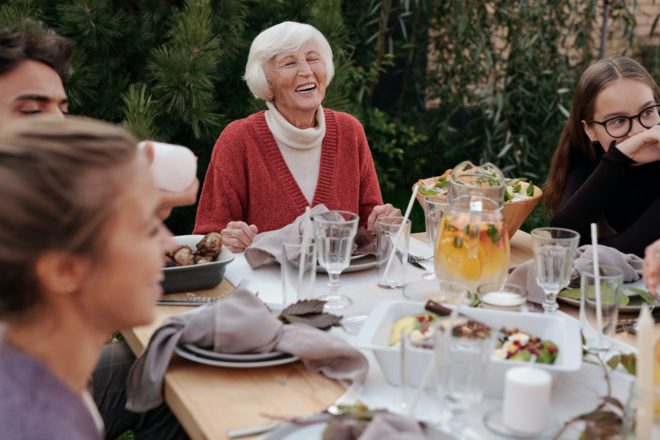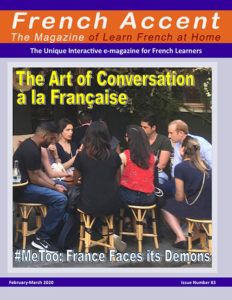“On”: Friendlier than “Nous”
The tiny word on carries great importance in everyday spoken French. For Anglophones learning French, on is frequently misunderstood or ignored because many think that on only expresses its English equivalent of ‘one’, while many of those who understand that it’s also an alternative to using nous hesitate to use it because of the false belief that it’s more formal. To make matters worse, French grammar books seldom deal with this issue.
In this article, I would like to clarify the usage of on and to encourage you to use it as frequently as the French do.
On, the personal pronoun expressing ‘We’:
Contrary to what many French learners think, using on does not carry a formal or even pompous connotation, as is sometimes the case with the English ‘one’. In fact, it’s a very convivial word. If you say on préfère le thé que le café, you’re not actually saying “one prefers tea to coffee”, but you’re simply saying “we prefer tea to coffee”. On is more casual than nous and is actually more economical in terms of the number of syllables used. In fact, when speaking, most people of all different generations use on when referring to an action they are going to do or have just done. When two people use nous, the tone of the message is more formal. It’s just like if you were using vous instead of tu.
Even though on really means nous, the conjugation of the verb is still in the third person singular, the same as if you were conjugating a verb with il or elle.
A few examples of ‘on’ as a personal pronoun:
On va chez Marie-Claude = we’re going to Marie-Claude’s home (the conjugation of on is the same as for il or elle – if we were to say “he is going to Marie-Claude’s home”, we would conjugate the verb exactly the same way: il va chez Marie-Claude).
On pense que la cuisine ici est superbe ! = We think that the food here is wonderful!
Avec Claire, on fait du ski en janvier = With Claire, we go skiing in January.
On aimerait vous inviter à dîner chez nous = We would like to invite you for dinner at our place (note that you can use on even for an invitation. It’s a more friendly approach, than using nous).
On en parlera plus tard = We’ll talk about that later.




 Receive our French Learning e-Magazine for FREE!
Receive our French Learning e-Magazine for FREE!